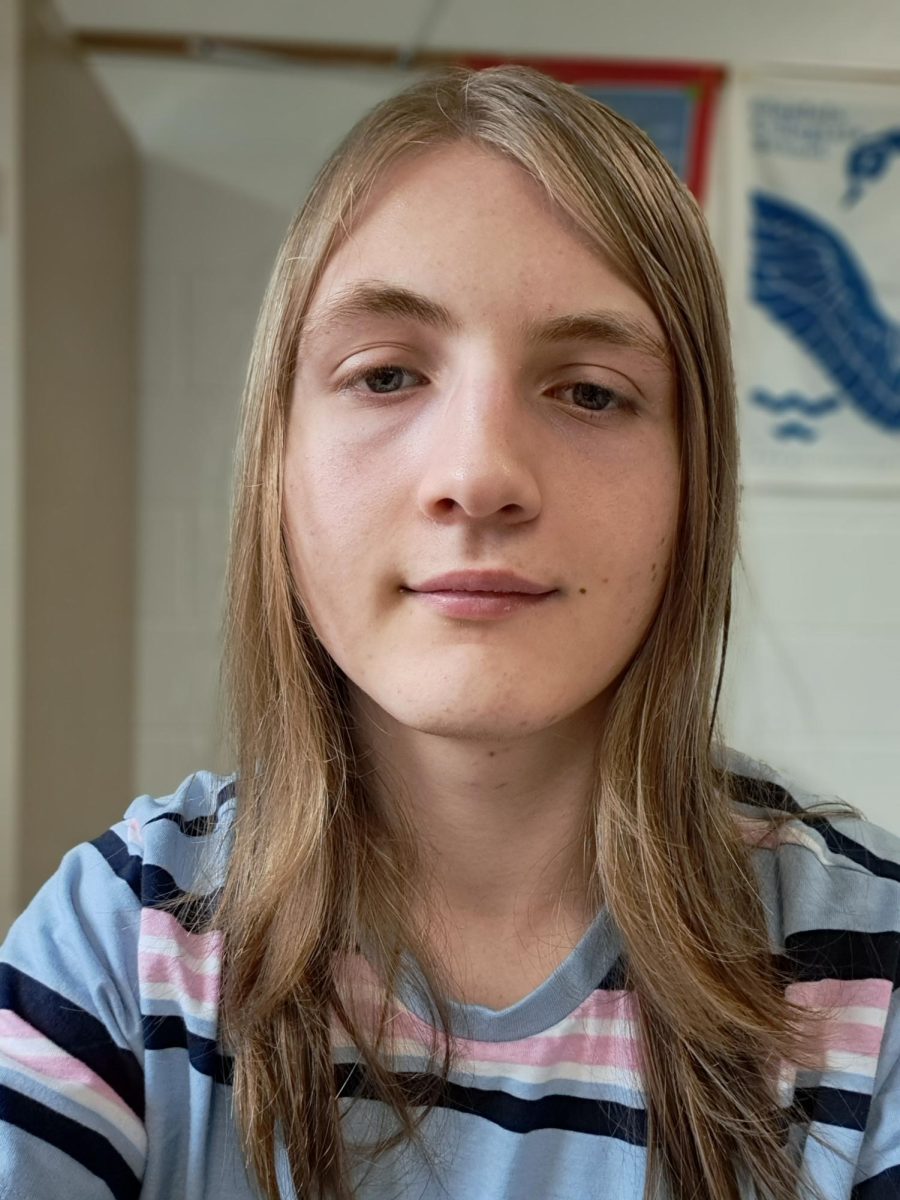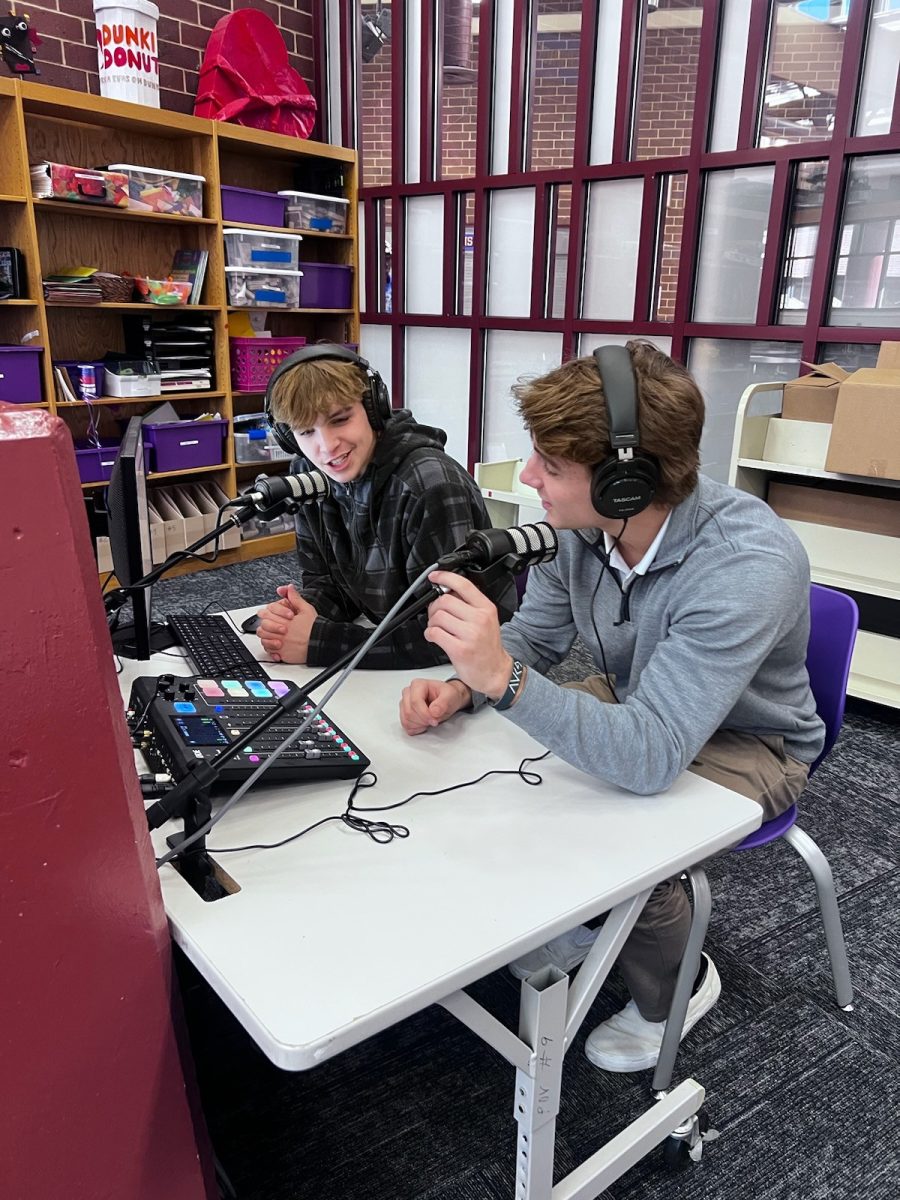I’ve loved drawing my entire life. Like most, I want to do something I love for my career, and so I’m going to study graphic design. Imagine, however, you begin hearing talks of your dream job becoming automated. AI has been trained to generate artworks in a near instant; big companies have already begun using AI to replace artists, such as Marvel using AI animation for the intro to Secret Invasion. The danger AI poses doesn’t just stop at artists, though, and it doesn’t stop at just taking jobs either. If left unregulated, AI will destroy jobs, spread fake news en-masse, and spread racist biases.
First of all, AI is at risk of taking jobs from several markets. AI can automate many different professions and does things faster than humans can. The Pew Research Center found that 48% of experts predict that AI will ruin more careers than it’ll create, with one saying that “anything that can be automated, will be automated.” Most of these experts also warned that AI is advancing faster than job markets can adapt to it. This affects all of us; studies have found that AI has caused a 50% to 70% decrease in wages.
Furthermore, AI will allow for fake news to be spread easier than ever before. AI images, videos, and voice mimics all make it extremely easy to make someone do or say something they never did. While this obviously allows for fake content to spread, it also casts doubt on the truth. For example, former President Trump once claimed that a compilation of things he’s said was made with AI, but every clip in the video was real. Soon, it’ll be scarily easy for slander to spread, but this threat can be lessened. YouTube has recently put new guidelines requiring AI content to be classified as such. We need to fight for more social media companies to take similar actions, or you won’t even be able to trust what you see with your own eyes.
Furthermore, the use of AI will exacerbate issues with racial inequality. Why a robot could be racist might seem confusing at first, but one has to remember these are trained by humans and with man-made datasets. These datasets are plagued with blatant racist biases. A 2018 study found that AI facial recognition is 35% more likely to misidentify black women when compared to a white man, and a 2019 report by the government led to the same result. Despite this, AI facial recognition is used by many police institutions. Imagine being falsely arrested because a flawed program misidentified you as someone else; that’s a very real possibility now. Steps need to be taken to try to train AI to be as unbiased as possible. San Francisco banned the use of facial recognition software by police and more states should do the same to further fight this issue.
The world of AI is rapidly approaching, and society needs to adapt. AI puts all of us at risk of losing jobs, falling for misinformation, and puts minority groups at risk of being profiled by a machine. We need to fight for regulation and actions to be taken to fight back against AI to minimize these risks. AI can bring a lot of good to our lives but only if we stop the bad it can bring with it.







